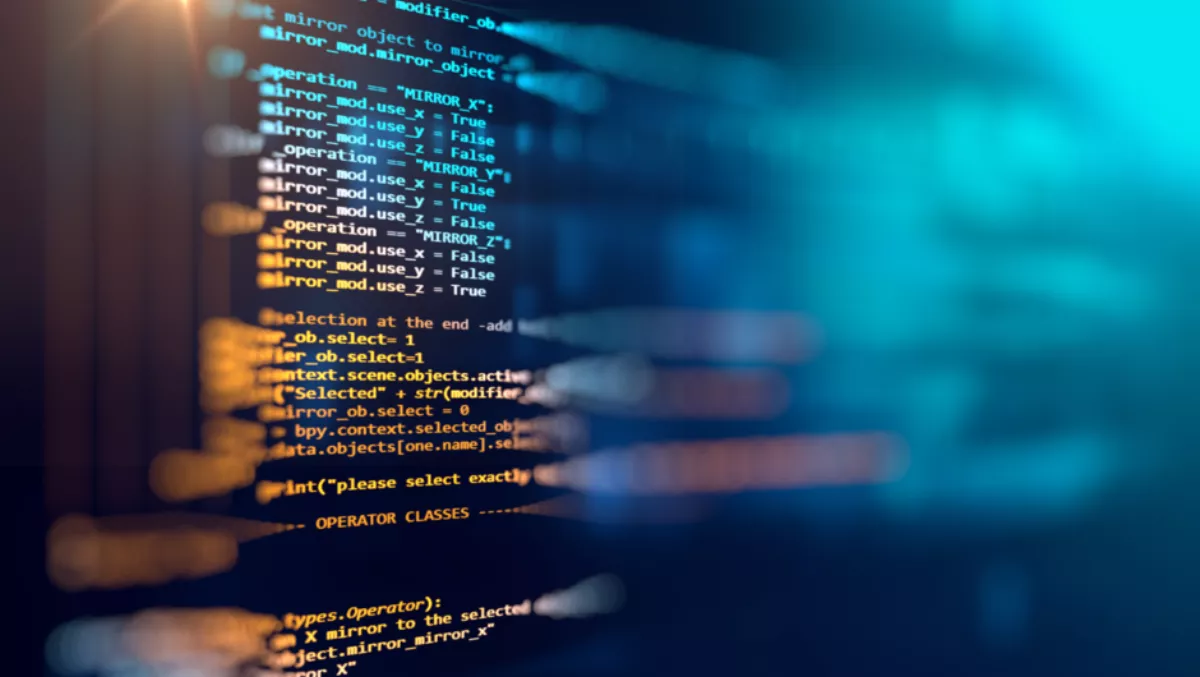
Legitimate remote administration tools (RAT) pose a serious threat to industrial networks: they are installed on 31.6% of industrial control system (ICS) computers, but often remain unnoticed until the organisation's security team finds out that criminals have been using a RAT to install ransomware or cryptocurrency mining software, or to steal confidential information or even money.
This was discovered by Kaspersky Lab security experts, who conducted dedicated research into the problem.
RATs are legitimate software tools that allow third parties to access a computer remotely. They are often used legitimately by employees at industrial enterprises to save resources, but can also be used by malicious actors for stealthy privileged access to targeted computers.
According to a report published by Kaspersky Lab ICS CERT, RATs are incredibly widespread across all industries: nearly one-third of ICS computers protected by Kaspersky Lab products have RATs installed on them.
Even more importantly, almost one RAT in five comes bundled with ICS software by default. This makes them less visible to system administrators and, consequently, more attractive to threat actors.
According to the research, malicious users utilise RAT software to:
1. Gain unauthorised access to the targeted network.
2. Infect the network with malware to conduct espionage, sabotage and make illegal financial profits through ransomware operations or by accessing financial assets via the networks attacked.
The most significant threat posed by RATs is their ability to gain elevated privileges in the system attacked. In practice, it means gaining unlimited control over an industrial enterprise, which can result in significant financial losses, as well as a physical catastrophe.
Such capabilities are often gained through a basic brute force attack, which involves trying to guess a password by trying all possible character combinations until the correct one is found. While brute force is one of the most popular ways to take control of a RAT, attackers can also find and exploit vulnerabilities in the RAT software itself. To reduce the risk of cyber attacks involving RATs, Kaspersky Lab ICS CERT recommends implementing the following technical measures:
1. Audit the use of application and system remote administration tools used on the industrial network, such as VNC, RDP, TeamViewer, RMS / Remote Utilities. Remove all remote administration tools that are not required by the industrial process.
2. Conduct an audit and disable remote administration tools which came with ICS software (refer to the relevant software documentation for detailed instructions), provided that they are not required by the industrial process.
3. Closely monitor and log events for each remote control session required by the industrial process; remote access should be disabled by default and enabled only upon request and only for limited periods of time.
